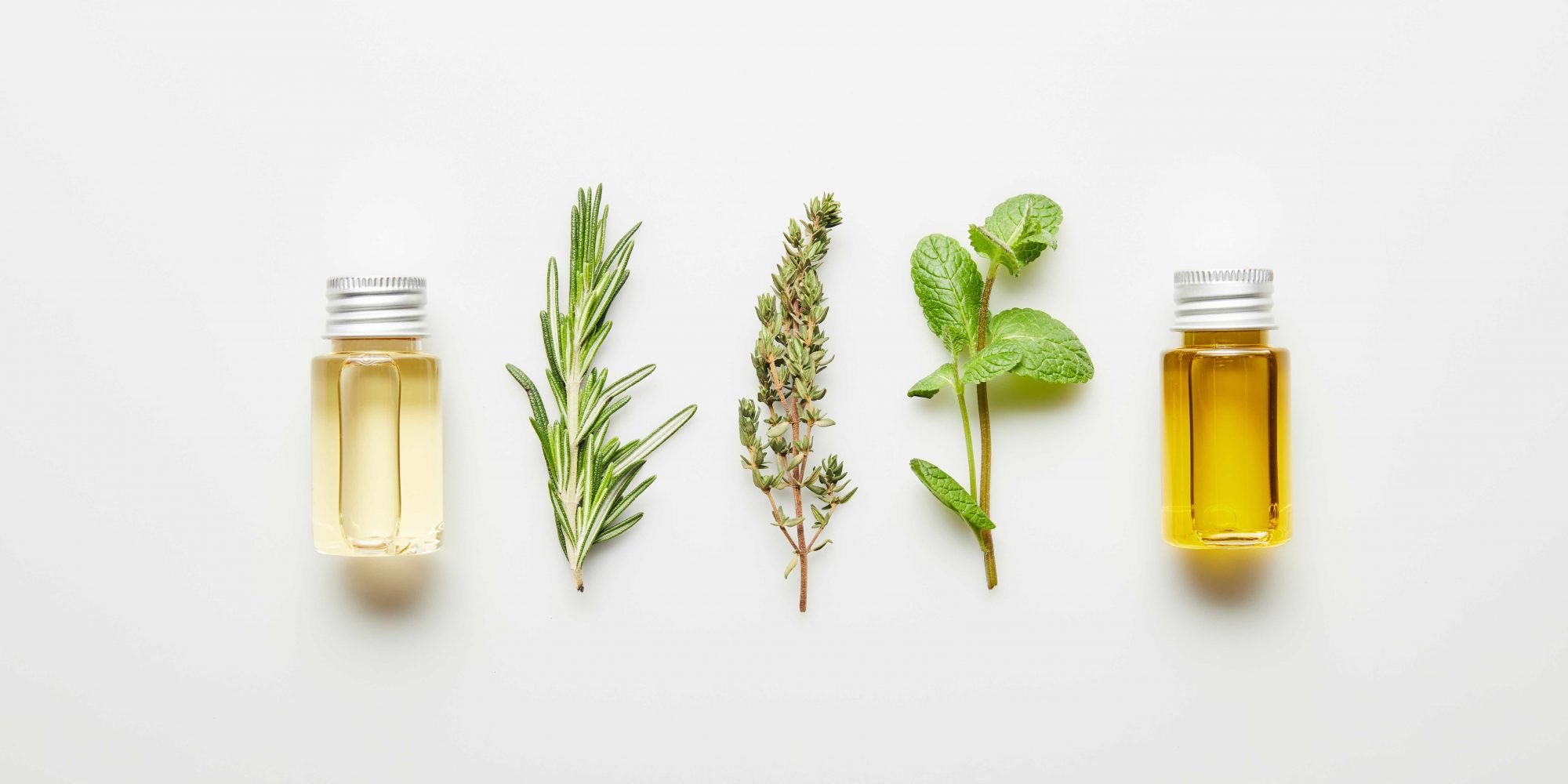
Indie Beauty Brand Founders Weigh In On The Eco-Friendly Future of Beauty
In this edition of Beauty Independent’s ongoing series posing questions to beauty entrepreneurs, we ask 13 brand founders and executives: What do you think is the next great eco-friendly frontier in the beauty industry?
- Rozy Kriston Founder, Ampersand
It is great that the industry has become very conscious of green efforts when it comes to packaging. Having so many eco-friendly options available makes it an easy choice when developing our products.
The next part of the equation that is often overlooked and not mentioned is a more eco-friendly manufacturing process. If manufacturers offer ways to cut down on waste and energy usage, I think many of us would opt for the greener option.
- Luisa Wiesche Founder and Business Director, De Lilou
Definitely, the packaging revolution. We are already seeing a movement to minimize the use of plastic in cosmetic packaging. Using alternatives like glass, aluminum tubes and developing others like biodegradable fibre compounds and even paper-based and compostable materials embodies that tangible sustainability that directly connects with consumers while delivering great performance.
- Mia Saini Duchnowski Co-founder and CEO, Oars + Alps
I think you are going to see a lot more brands clean up their SPF products. With the FDA's new monograph, customers are looking for not only reef-friendly products, but also products that adhere to the FDA's new standards. I also think the FDA is going to take a harder look at SPF actives that are legal overseas like in Asia, but not in the U.S.
- Pedro Dias Founder and CEO, FOLS For Men
I think the next eco-friendly frontier is just generally educating the consumer. A lot of people still aren't aware of what they are putting into their skin. They might know to avoid parabens and certain ingredients such as BHA or retinol, but they don't know why or what the real risks are.
In addition, the next frontier will be having more and more products with ingredient lists that can actually be read by humans, and using natural ingredients is, in my opinion, the only way to achieve that.
- Matthias Rosenkranz Owner and Chief Editor, Beard Instructor
I think we will see major shifts to niche products and manufacturers. We see this currently happening in the foodstuffs industry. People want to eat more healthy. They want to know what they eat, and they get much more critical of how their food was made. Big players lose a massive market share because people are getting more and more interested in small, local and honest companies.
I think we will see this happening to the beauty industry as well because of the same reasons. People lose trust in huge players reputations and they want to know that they don’t smear plastics onto their skin or use products that were tested on animals. I think consumers will get more and more critical. This process might take a while, but there will be a big chance for small, specialized companies to build up their communities.
- Anju Rupal CEO and Founder, Abhati Suisse
For me, two things. First, traceability. I don’t talk about transparency. I talk about traceability. Where do the ingredients come from? How are they sourced? Where are the products made?
Also, packaging. We work with tribal farmers, produce and fill in-house, and our sugarcane packaging comes from a nearby supplier, meaning we do not go to China to buy our packaging.
Second, natural beauty. I am an environmentalist and philanthropist. This is how I got into contact with tribal farmers. Abhati Suisse works with partnerships set up during the time I set up the foundation weforest.org. Our work has now planted over 18 million trees globally to address climate change. Trees are the best technology to cool the earth.
I see through my work how we are depleting our raw resources due to trends in the beauty industry towards certain ingredients. You can’t get sandalwood in India anymore where it’s at its most highest quality. One has to now go to Australia where the quality and performance is not so good. Blue tansy is now adulterated with dyes. This is why I do a lot of speaking around using good synthetics that perform just as good as natural ingredients to educate people to be mindful of our plants and ecosystem. Abhati Suisse uses natural and safe synthetics in its formulations.
- Ido Magal Founder, Lavido
More marine recycled plastic like we use in our plastic tubes. Today, there are companies that collect plastic from oceans and recycle to make tubes, cups, etc. There aren’t a lot of companies doing this, and not 100% of the marine plastic can be used in the final product. If it’s in higher demand from customers and companies, it will evolve into something much more sustainable and widespread.
I would like to see less travel-size cosmetics containers (shampoo, body wash, etc.) from hotels and airlines. We need to move into something that is more eco-friendly and less wasteful. This can be done by using innovative products that have no water in them, specifically shampoos and body wash. As a society, we need to become comfortable with products that are waterless or more highly concentrated to save on the valuable resource of clean, fresh water.
- Lindsay Wray Chief Scientific Officer, Eighteen B
The use of bioengineered polymers in our everyday beauty products. We live in a world with limited resources, and bioengineered polymers made via biotechnology and fermentation give us one pathway to a more sustainable future as they can biodegrade within a reasonable time frame and don't include any petroleum-derived inputs.
Unlike animal and plant-derived polymers (e.g., collagen, cellulose) which are prone to batch-to-batch variability, bioengineered polymers offer a method for controlled production and a smaller environmental impact while still delivering results. For these reasons, bioengineered polymers are going to be a key player in the next generation of skin care.
At Eighteen B, our dedication to science allows us to drive this change forward. Currently, we're using revolutionary biotechnology to develop beauty product ingredients like our b-silk protein that are better for the planet and deliver incredible results.
- Kara Soule CEO and Co-Founder, Verdant
I think there will be an increasing demand for ingredient quality and transparency, not only with how ingredients are grown, but also processed and combined. Any brands engaged in “greenwashing” or “weedwashing” will eventually be kicked to the curb.
Take our USDA Organic MCT carrier oil, for example. The USDA Organic seal is a great indicator of quality, but we actually went a step beyond, ensuring down to the farmer level in the Philippines, Sri Lanka and India that the farming practices are actually organic and the processing doesn’t involve any unnamed chemicals used by so many other companies, even those claiming organic status.
- Phoebe Horak COO and Managing Partner, Bra in a Box
Well, how about finding a way to wear less clothing? We can all start with donating all those bras that we dread wearing, take up our much-needed drawer space and are not budget-friendly, especially if you want one that is well fitted and somewhat comfortable.
In all seriousness, my sister, a student at Stanford University, just wrote a product engineering focused term paper on the evolution of the bra. Her paper includes information and data on how production of the bra as well as its decomposition negatively impacts the environment. We plan to publish her original paper, or a version of it, on our site soon. Stay tuned. It’s fascinating.
- LeiLani Kopp Owner and Creator, Sweet LeiLani Cosmetics
Although customers are increasingly looking for what the next eco-friendly product is on the frontier like natural clean formulations and ingredients, they are now paying more attention to environmentally-responsible packaging options from bottles and compacts to cartons along with the effects of material waste. Brands need to have corporate social responsibility in general, and [know] how their supply chain partners conduct business from energy sources to manufacturing processes.
It is now packaging’s turn to be in the forefront. Sweet LeiLani Cosmetics evolved from my volunteer work with trauma and cancer surgeons, so to have clean formulations wasn’t enough. These patients wanted all toxins removed from their life. I created not only primary packaging like compacts and foundation containers to be compostable with soy ink, but created recycled sleeves for the secondary packaging where we could get away without using a box. Even our tabletop prepak is made from the same recycled material. Our sales have increased because of our packaging sustainability. The consumer purchases our brand as they can relate to their personal drive to save the planet. “Better Beauty for a Better Planet” is our motto.
- Andrew Glass Founder, Non Gender Specific
Consumer packaging is at the top when it comes to pollution and causing severe damage to our planet. We're working very hard on finding innovative packaging solutions that contribute less to consumer waste. We've started implementing materials such as tree-less paper that can be planted instead of thrown away and are in the process of testing new bottle materials as well.
- Jasmina Aganovic President, Mother Dirt
I believe the next great eco-friendly frontier will be based around the microbiome, the invisible world of microorganisms that we have been trying to clean away for the last century when, in fact, they are critical to how our skin looks and feels. Our body and our planet is one giant ecosystem that we need to take care of.
- Tina Hedges Founder, LOLI Beauty
Whether big multinationals or small indie brands, we are all looking at products and packaging differently now, which wasn’t the case a year ago. Where I still see a huge hole is in the supply chain. You cannot imagine how much single-use plastic we get when we are ordering our bulk ingredients. We try to reuse the containers as much as possible for storing or batching, but it really breaks my heart to see how much waste is in the supply chain. I don’t think anyone has looked at that yet. We are making all this effort on our product side, and it’s outweighed if our supply chain is overcompensating in a bad way.
If you have a question you’d like Beauty Independent to ask beauty entrepreneurs, please send it to editor@beautyindependent.com.
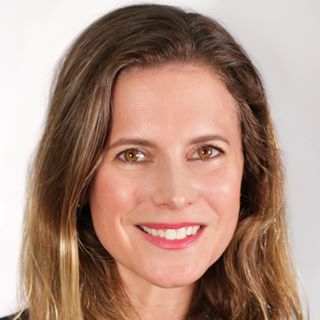

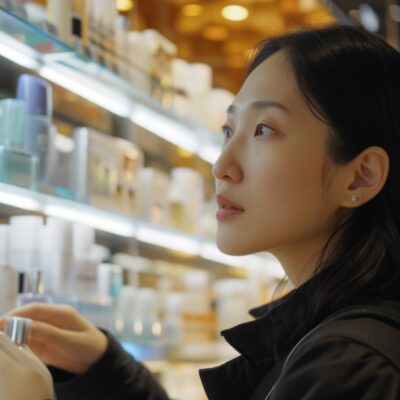

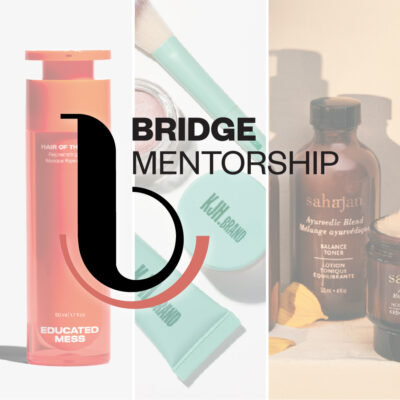
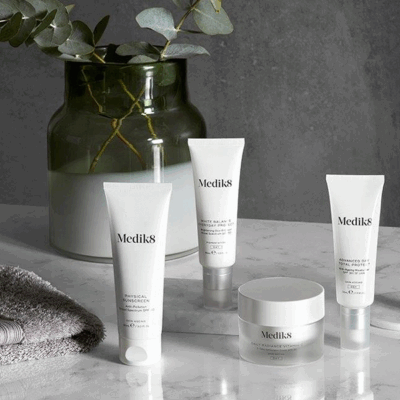
Leave a Reply
You must be logged in to post a comment.